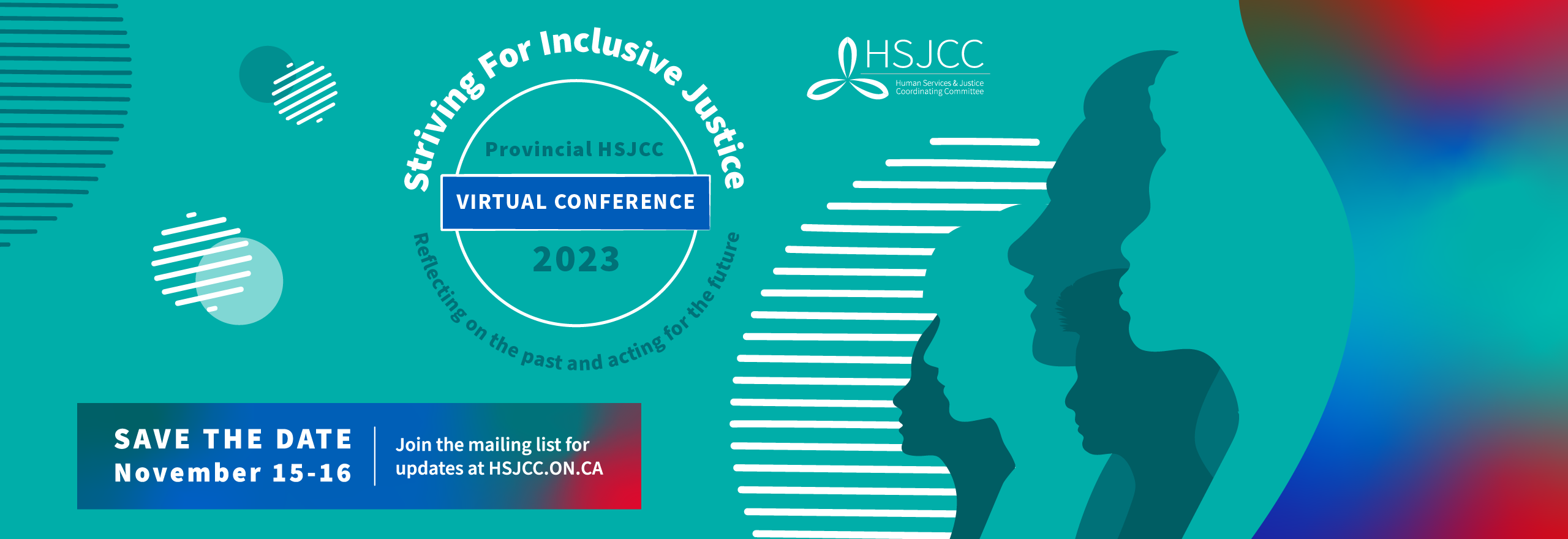Alternative Resolution Court – How Do We Spell SUCCESS? – 2019-11-05
The Peel Alternative Resolution Court is a collaborative approach in a “therapeutic judicial” environment at the A Grenville and William Davis Court. ARC supports individuals who are living with mental illness, developmental and intellectual delay, dual diagnosis, concurrent disorders, acquired
CADTCP’s Principles of Drug Treatment Courts [2023-11-16]
As therapeutic courts and specifically Drug Treatment Courts (DTC) continue to be stood up around the country, the Canadian Association of Drug Treatment Court Professionals (CADTCP) seeks to share their research, experiences and 13 key principles with these courts. The
Drug Treatment Court – A multi-disciplinary team approach to therapeutic justice – Poster [2023-11]
Drug Treatment Court is an intensive, therapeutic justice program that works to divert high risk, high need individuals from terms of incarceration to community-based supervision. The program takes a multi-disciplinary team approach by integrating criminal justice, treatment and community partners
Innovations in Mental Health Diversion – Life Skills Groups for Mental Health and Justice Clients – 2015-11-18
This workshop will introduce a new Life Skills Group offered by the Fred Victor Mental Health Court Support Program, created in collaboration with the Ministry of Community Safety and Correctional Services. The rationale for this innovation in Mental Health Diversion programming will
Mental Health Courts – Finding Institutional Resilience and Promoting Justice – Keynote – Heather Perkins-McVey – 2015-11
Specialized Courts have been a fixture of the criminal justice system for almost 20 years. In the same way that personal resilience is important to one’s well being so is institutional resilience to ensure that a program is responsive to changing circumstances
Mental Health Courts in Ontario
Mental health courts in Ontario are not specifically regulated in their operation. There is no existing ministerial mandate to determine where they should exist, and how they should operate. They have therefore been operating on an ad hoc basis. With
Ottawa Mental Health Court Therapy Dog Project – 2019-11-05
Since September 2018, the Ottawa Courthouse has brought in accredited therapy dogs to interact with accused persons, their families, witnesses, counsel, courthouse staff, social workers, officers: everyone and anyone who wants to get the well-documented stress reducing benefits of doggy
Peterborough Community Support Court: An Evaluation in Recidivism – 2019-11-06
Problem-solving courts were developed to treat the root cause of criminality. Mental health and drug courts are two of the most common types of problem-solving courts in Canada. The models adopted by MHCs and DTCs vary substantially across jurisdictions in
Psychosocial Characteristics of Persons Seen in a Rural Mental Health Court Clinic – 2019-11-05
A presentation of preliminary findings from the implementation of a rural Mental Health Court Clinic (MHCC) established in January 2018. The MHCC caters to the mental health treatment needs of persons going through the court system. This presentation will describe
Racialized Populations and Mental Health Court Diversion – Webinar – 2019-05-15
The Racialized Populations and Mental Health & Addictions Community of Interest (CoI) is a provincial forum for knowledge exchange and collaborative creation. Members of CoI will present on its most recent project which focused on the experiences of racialized persons
Region of Waterloo Drug Treatment Court
This webinar will provide an overview of the Waterloo Region Drug Treatment Court. Drug Treatment Courts were established to break the link between criminal behavior and crime and in so doing, save the lives of the persons caught in the


